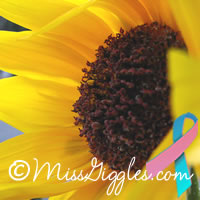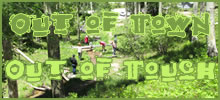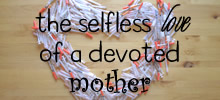 A few weeks ago NPR did a series of stories about e-mail – The E-Mail Age, how it helps to keep us connected, but also how it can be abused. Since I often tell people that the best way to get a hold of me is through e-mail, and since my family often communicates through e-mail over other forms of communication, I thought they were interesting.
A few weeks ago NPR did a series of stories about e-mail – The E-Mail Age, how it helps to keep us connected, but also how it can be abused. Since I often tell people that the best way to get a hold of me is through e-mail, and since my family often communicates through e-mail over other forms of communication, I thought they were interesting.
Here are a few of the stories they did, and one that ran about the same time in the New York Times.
- Software lets users assign value to their e-mails
- Make it Stop! Crushed by too many e-mails
- Help! Family spam is crushing my inbox!
- E-mailing wedding invites and other netiquette nos
- Lost in E-mail, Tech Firms Face Self-Made Beast
- An E-Mail Vacation: Taking Fridays Off
- E-Mail Sins, Horror Stories, and Strategies
E-mail certainly has connected us more to each other in many ways. But at what expense? I admit that there are times where I find myself extremely addicted to checking my e-mail and I have a hard time tearing myself away. The logical side of me knows that everything I miss will be there when I get back and I can leave the computer and step away and not miss anything of great importance. But the illogical side of me has to be there and check it right when it arrives.
E-mail has a very valuable place in our lives now, but it isn’t the only way to stay connected. There is still a lot to be said about actually talking to a person on the phone. And I love a handwritten note sent through the mail. Not everything needs to be said instantly. I’ve mentioned previously that you can actually send a message by snail now.
I prefer that the e-mail I receive have a purpose as well and not just be a forward that is sent on to everyone in an address book. Forwards have never been that big with me. I won’t send them along. I might not even read them. Even though you can do cultural folklore studies by looking at what is passed around, I’d rather not have that land in my box. E-mail me with what you are doing. Tell me what you are thinking. Engage me in a discussion.
We have used technology to become a very connected society. But there is nothing more connecting than that of the human touch.

 I am an educator and PhD. I quilt, belly dance, run, read, and try to grow things. I am a Mormon. I am infertile. I am a daughter, sister, aunt, grand-daughter, friend, wife, and mom.
I am an educator and PhD. I quilt, belly dance, run, read, and try to grow things. I am a Mormon. I am infertile. I am a daughter, sister, aunt, grand-daughter, friend, wife, and mom.













